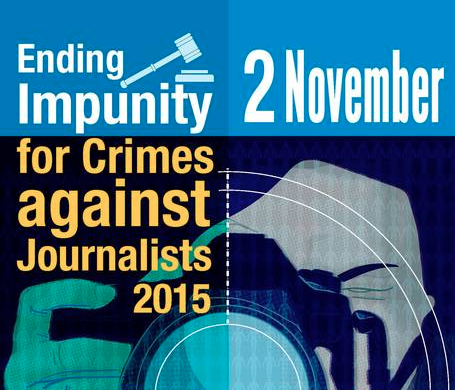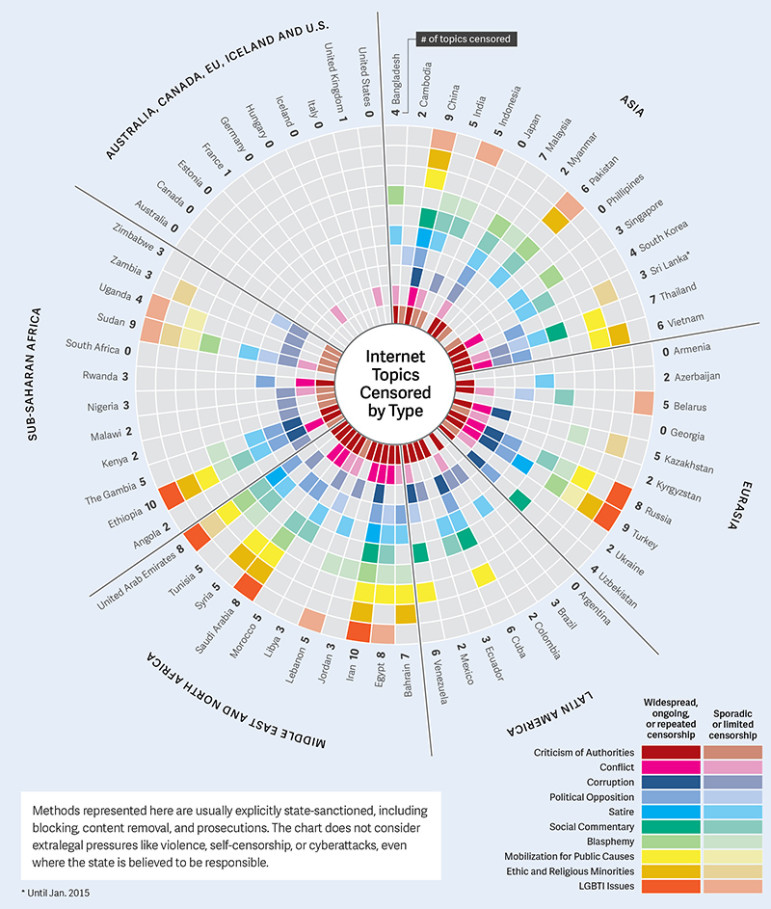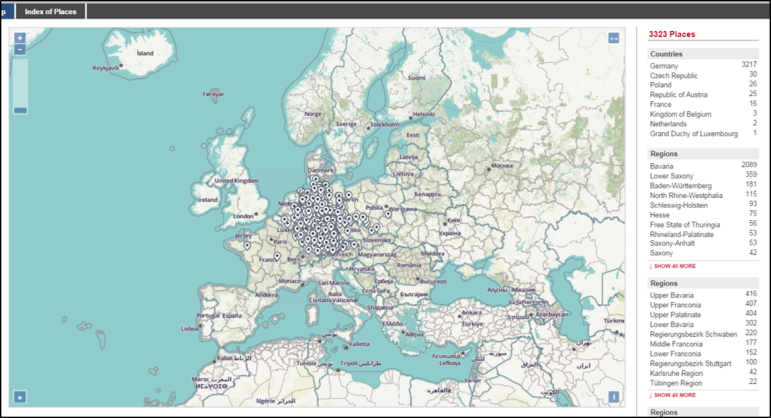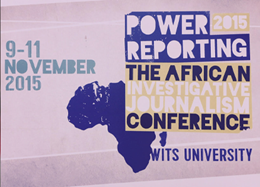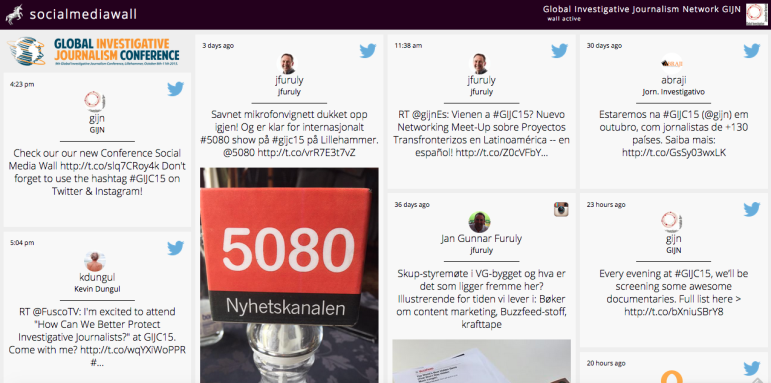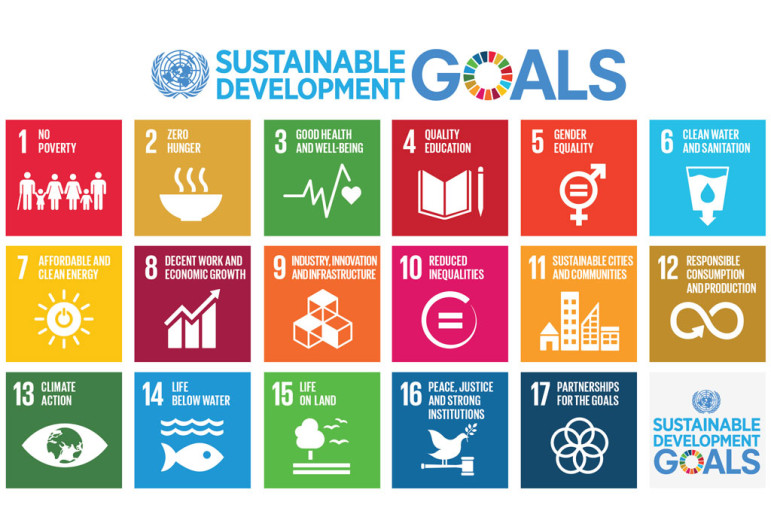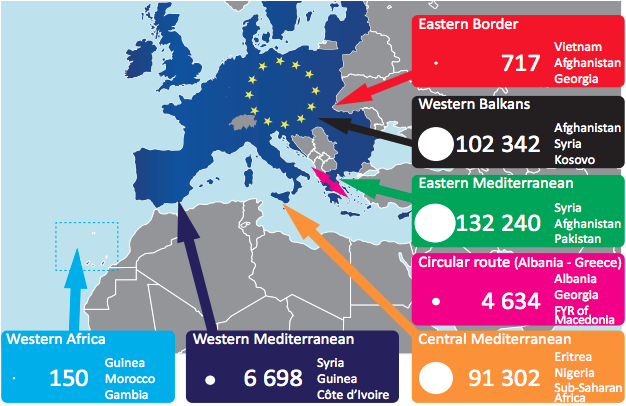
News & Analysis
The Pentagon, Propaganda, and Independent Media
Gone are the days of complaints about information operations and psychological operations (PSYOPS) undermining media development being pursued by USAID and its contractors. But those have been replaced by broader concerns that the U.S government overall may now be too focused on counter-messaging at the expense of independent media development. “We are concerned that there is an increasing shift away from supporting genuinely independent media towards what might be termed counter-propaganda and promoting counter narratives,” says James Deane, director of policy and learning at BBC Media Action.








